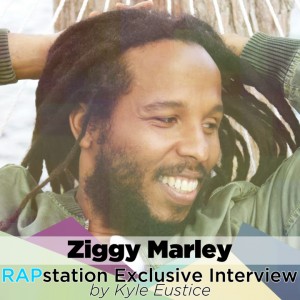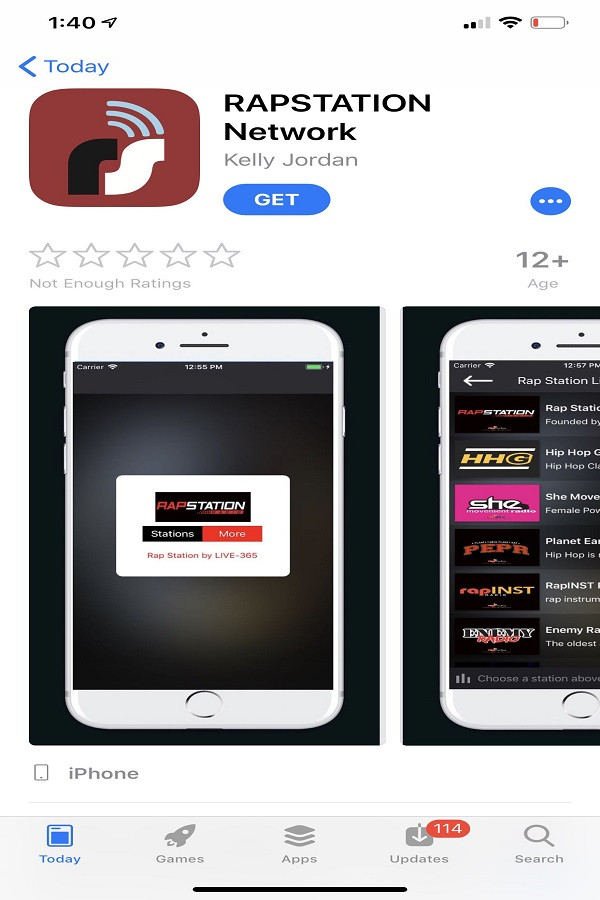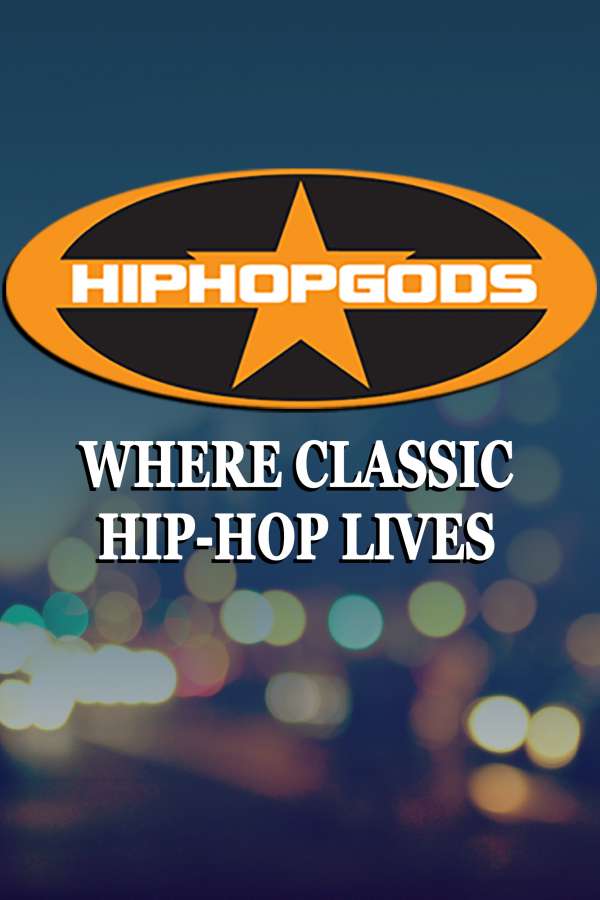
Without Jamaica and its people, there would most likely be no hip-hop. Rapping essentially originated in Jamaica, where it was initially referred to as “toasting.” Kingston native Kool Herc brought it to New York City in the early ‘70s and the rest is history.
Ziggy Marley, Bob Marley’s eldest son, has carried on his father’s tradition of spreading love, spirituality and political messages through reggae music. From his first solo album, 2003’s Dragonfly, to his recent self-titled effort, his spirituality radiates from every word he sings. His second solo album, 2006’s Love Is My Religion, carried on the reggae-style pop sound and the lyrical themes established with Dragonfly, and won a Grammy Award for Best Reggae Album, marking Ziggy's 4th Grammy Award.
Ziggy Marley was entirely produced by Ziggy and carries the same torch his father passed on when he died in 1981. Many of the songs on the new album are a call to action. Just as his father demanded change with songs like “I Shot the Sherif” and “War,” Ziggy is of the same mindset.
“Put your weapons down,” he implores on “Better Together,” one of several songs about war, which he vehemently opposes. It’s rooted so firmly in his DNA that when he sings about revolution on “Start It Up,” it’s almost more eyebrow-raising than consciousness-raising.
As Ziggy continued on his trek around the world playing shows and educating the masses on love as his religion, he took some time out of his crazy day to discuss hip-hop, his son Daniel “Bambaata” Marley and, of course, his legendary father.
RAPstation (Kyle Eustice): Where in the world are you?
Ziggy Marley: I’m in Los Angeles now.
Is that where you’re living?
Yes. It’s alright. I’m satisfied.
Is there any truth to the rumor you were named after David Bowie’s moniker Ziggy Stardust?
No, not at all. I met David Bowie years ago and we talked about it.
It means small spliff in Jamaica?
Yeah, yeah.
For people who don’t understand Rastafarianism, what does it mean?
That’s not important to me. What is most important is to love each other. If I was to define it, my version of it could be different from somebody else’s. My version is just love. Somebody might have more intricacies, but love is the root and that is the real thing.
I noticed your son Daniel’s nickname is Bambaata and he’s into hip-hop, which was born out of toasting in Jamaica. Are you a hip-hop fan, as well?
I’m a music fan in general. I love it.
Damien [Marley] has done stuff with Nas. Do you ever team up with hip-hop artists?
Many years ago, I did something with KRS-One. We love music and being a part of it.
What is it like working with son Daniel?
It’s alright. He’s doing his thing, trying to get his own thing going. Sometimes he can get some help. It’s cool.
I read that you handled all of the production on the new album.
Yeah, mon, I produced the whole record. We worked with other producers in the past like Scott Litt, Don Was and a few others. I knew the direction I wanted to go with my music and the producers are there to help us along. But my last few solo records, I produced by myself. But I’ve gained a lot of experience and learned from a lot of people throughout the years. It helps to work with other people.
You can apply what you learn to working on your own. What is it like handling all the duties?
Well, it had ups and downs. It was a challenge, but it was a good challenge. It takes patience, it takes open mindedness, you can’t let the ego get into your decisions and stuff like that. It’s a good exercise. It’s everything.
I saw the Marley documentary when it came out. What made you decide to back this project? Certainly there have been many other documentaries made about Bob Marley and your family.
We were told we’d be involved in it. That was important. There has been other stuff that has been done, but me personally, I wasn’t involved with them. I was too young or whatever. I wanted to be involved with something personally that was about my father based upon somebody else’s ideas, but with the family’s input, as well.
You were able to be there every step of the way.
Yes, yes.
No wonder it was so good [laughs].
[Laughs] Thank you.
Do you ever feel your father’s presence when you’re performing or anything like that?
Well, I mean, just like my father, there is a presence I feel. Whether it’s my father or not, is not such an identifiable thing, but there’s a spirit there. I think it’s not just about me connected to my father. I think a lot of us who have open minds and who are willing to accept things beyond what scientists can prove [laughs] have had experiences that let us think there is spiritual things happening. You know, I’m sure my father experienced it, too. I don’t know if you were to ask him, ‘Hey Pop did you feel the spirit…” of who, I don’t know.
[Laughs]
[Laughs] Because I think the history of the universe my father is now a part of. The ideas were are inspired to speak and sing about are inspired by these spirits. He’s a part of the whole; he’s not a part of the singular. We feel that wholeness I would say.
I’m sitting a tire place right now because I found a nail in my tire and it’s going to cost a lot of money. How do you handle hardship?
I accept it. It is what it is. I accept it, but I try to find a way to move forward and get out of it if it’s something I need to get out of. I need to move forward and get my life going again. I’ve been through some difficulties, and some stuff, which made me get up and move forward from the last record. Those were written because of difficulties. I’m accepting of circumstances and situations I get myself in. In my life, and this is not for everyone, the experiences I’ve had in my life, everything has happened for a reason or a purpose. If I’m jogging on the trail and my shoelace gets untied, there’s a reason why my shoelace got untied. Those couple seconds where I stopped to tie my shoelace, something changed. I’m not where I was going, I’m where I was supposed to be, tying my shoe. You’re there fixing your lace now because that’s where you’re supposed to be. Who knows? You know what I’m saying [laughs].
I was supposed to go to New Mexico tomorrow, so what if I was on the road and had a blow out or something?
There you go. Right, that is my life. That’s how I think about my life.
I also love that you wrote a children’s book.
We have one that is based on my children’s album and it’s called I Love You, Too, but I’m working on another one right now.
Do you have a title for it yet?
This one is not based on any album. It’s just something that came out of my head, so it’s taking a little bit longer.
You have six children?
Seven.
Do they have a big influence on your writing?
It’s not so specific. It’s more general and that affects my consciousness. This is life. My life is a whole. It’s never I’m just writing a book—it’s all the influences within my consciousness that are all a part of me writing the book now. Sometimes it’s subliminal.
Do you get tired of people asking about your father?
No.
I wasn’t sure. I interviewed Sean Lennon and he very organically brought up his father.
No, he’s my father, so it’s ok.
Do you get compared to your father often?
Yeah, mon. Every day if I get some food in my tooth and I pick it out, they say, ‘Look, he picks out that food just like his father.’ [Laughs]

